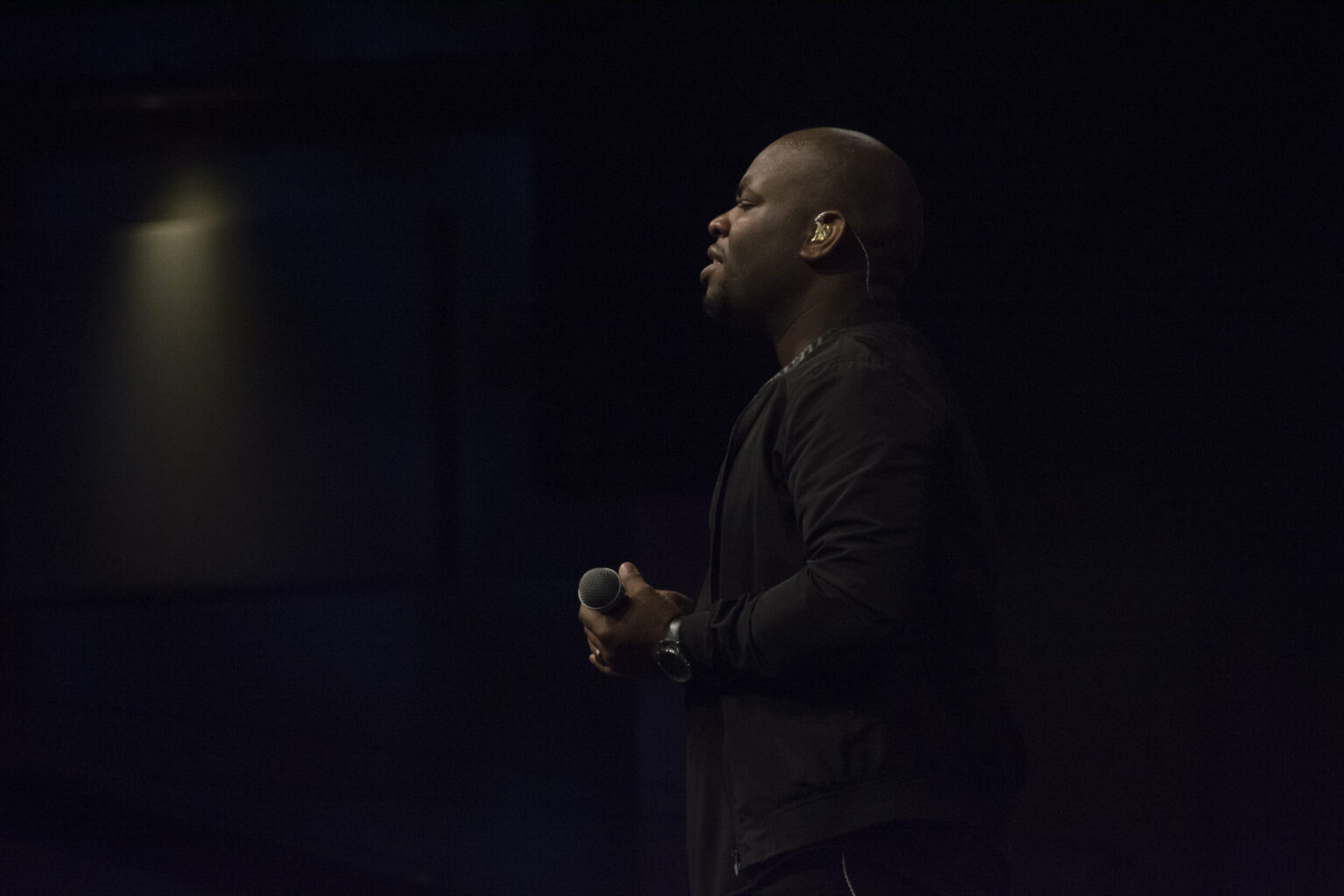Generosity & Giving The Two Most Important Questions Pastors Need to Ask When Raising Money

This post was written by INJOY Stewardship Director of New Ministry Partnerships, Brian Dodd, and originally appeared on TonyMorganLive.com. For practical advice on getting un-stuck, check them out.
I hear these questions most often from pastors beginning the capital campaign process:
-
How much can we raise?
-
Are we ready to do this?
-
Can you understand our unique environment, because no one does ministry like we do?
-
How often will you be here onsite?
-
What is your fee?
These questions, while important questions to ponder, focus on transaction.
After all, you must count the costs prior to building, right?
They are just not the most important questions church leaders should ask as they begin the process of raising people and resources.
Rather, the two most important questions pastors need to ask when raising money, and heading into a campaign, are:
-
What do we want our campaign to look, feel, and sound like?
-
What do we want to see God do in the hearts and lives of our people through this process?
Rather than focusing on transaction, these questions focus on transformation. Let’s break them down.
1) What do we want our campaign to look, feel, and sound like?
A capital campaign is not a fundraiser, or some type of fund.
Each church has a ministry plan, a facility plan, and a funding plan.
A ministry plan is everything God is doing, and wants to do, at your church.
The facility plan is the brick, mortar, curbing, yellow lines, and infrastructure that facilitates what God wants to do.
The funding plan is the fuel that makes ministry a reality.
Your capital campaign should fuel and facilitate what God wants to do at your church.
It should resource your ministry plan.
An effective campaign feels like a natural next-step in the life of your church.
For instance, if your church is creative, fun, upbeat, evangelistic, and non-pressure, then your campaign should be as well.
It should look, feel, and sound like your church’s culture and DNA.
2) What do we want to see God do in the hearts and lives of our people as we go through this process?
Assuming Jesus does not come back, let’s fast-forward to the year 2027.
If you were to ask the people in your church, “Do you all remember when we did our capital campaign back in 2017? What specifically do you remember about the campaign?”
The truth is, unless someone gave a round number like $10,000, no one will remember how much he or she gave.
But what they will never forget is what God did in their lives during that time.
-
People will remember how they sacrificed, and God honored it.
-
Others will remember an audacious number God asked them to give, and how He miraculously came through.
-
People remember job offers and healing that took place.
-
Still, many more will remember trusting God for the very first time with the two things the world worships most – money and possessions.
-
Most importantly, they will remember they gave sacrificially to a building where their children or grandchildren met Jesus for the very first time.
There are strategic and pragmatic elements to the capital campaign experience.
But, if you want an experience that builds a culture of generosity, and is remembered for eternal life change, start with questions which prioritize transformation over transaction.
More posts about Generosity & Giving




